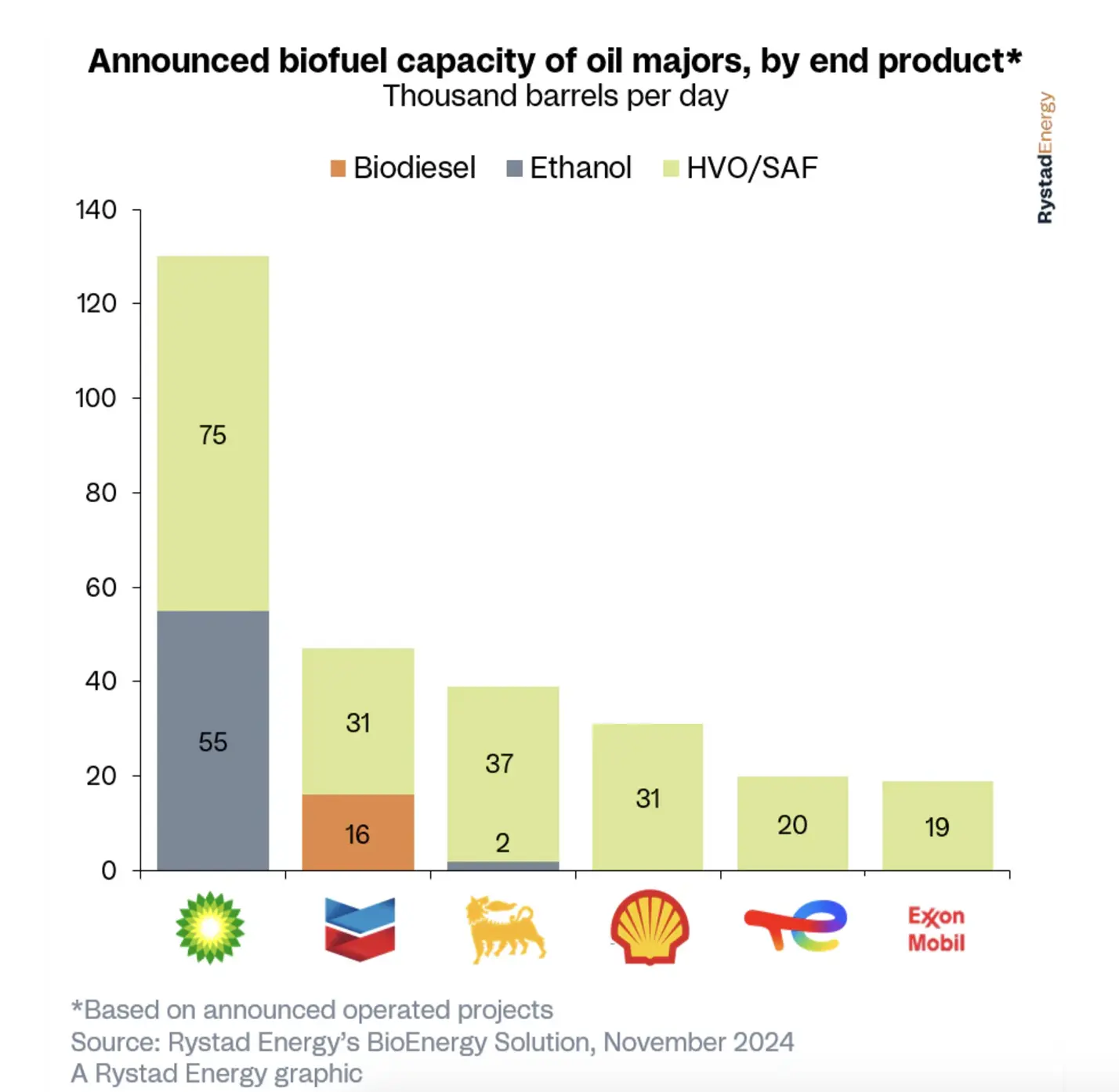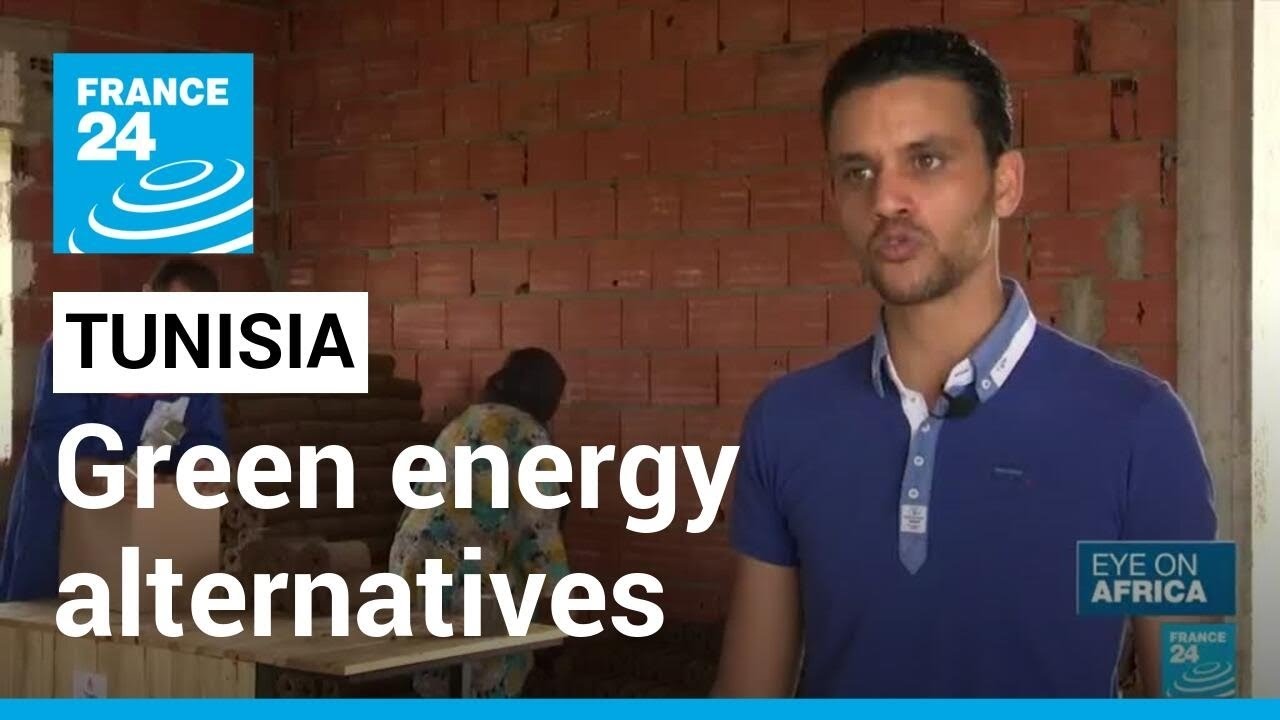
California legislator introduces bill to repeal NEM 3.0
Sacramento, California
California Assemblymember Damon Connolly introduced new legislation to reduce fees and taxes on residential solar projects and restore incentives to Californians that were recently diminished by CPUC’s NEM 3.0 decision. The bill aims to recommit the state to its goal of achieving 100% carbon-free energy by 2045.
APS customers with rooftop solar to pay monthly fee
Phoenix, Arizona
Arizona Public Service (APS) residential customers will see their average monthly bill rise by roughly 8%, after a rate increase was approved by the Arizona Corporation Commission. The commissioners also approved a monthly charge of around $2.50 for residential solar customers. The new rates go into effect March 8. As reported by the Arizona Republic, APS needs the extra cash to recoup expenses in recent years to expand infrastructure.
CBP reminds solar importers they must install product in 180 days or pay duties
Nationwide
Following a surge in solar imports, U.S. Customs and Border Protection (CBP) released a reminder that any Southeast Asian solar panels imported before June 6 must be utilized within 180 days or full AD/CVD tariffs will be charged. CBP said that merchandise sitting in warehouses is not considered utilized and would be tariffed.
DOE study says Puerto Rico can easily go 100% renewable by 2050
San Juan, Puerto Rico
FEMA and the DOE released its PR100 energy study and found that the territory has more than enough renewable energy resource potential to meet its current and future electricity needs through 2050. The two-year PR100 Study relied on extensive stakeholder input, including an advisory group of nearly 100 individuals from 60 organizations representing the public, private and nonprofit sectors.
US community solar market should reach 14 GW by 2028
Nationwide
A new report from Wood Mackenzie expects the cumulative U.S. community solar market to surpass 14 GW by 2028. If new state markets open where legislation to enable new programs is passed, the community solar market could expand even further by 10%.
One of the first utility-scale solar projects to opt for PTC is now online
Iron County, Utah
The 240-MWDC Appaloosa Solar 1 project entered commercial operation in Iron County, Utah. The financing for the project was one of the first tax equity transactions to utilize the solar production tax credit (PTC) newly expanded by the Inflation Reduction Act.
Maryland opens $3 million community solar grant program for 2024
Annapolis, Maryland
The Community Solar LMI-PPA Grant Program for fiscal-year 2024 has a budget of approximately $3 million. Individual grants cannot exceed $500,000 for any given project. The program provides funding to community solar subscriber organizations offering clean energy subscriptions to LMI communities.
Georgia General Assembly reviews bills for expanded community solar
Atlanta, Georgia
SB 210 and HB 1152 allow solar developers to participate in a community solar program established under the Georgia Public Service Commission. The PSC has already approved community solar but details on how to operate the program have not yet been established.







